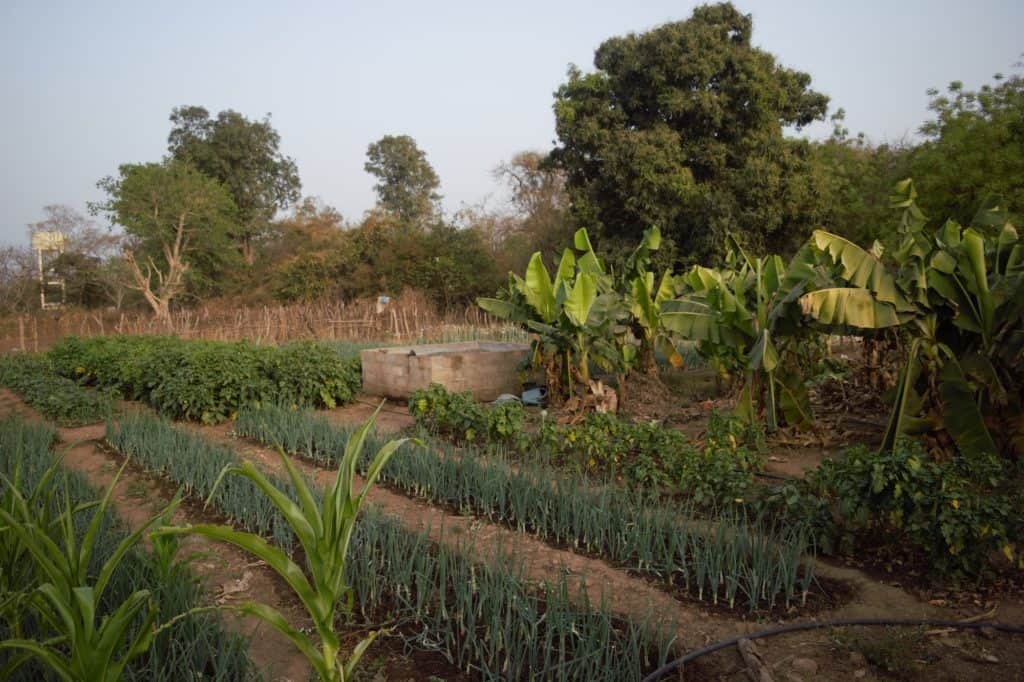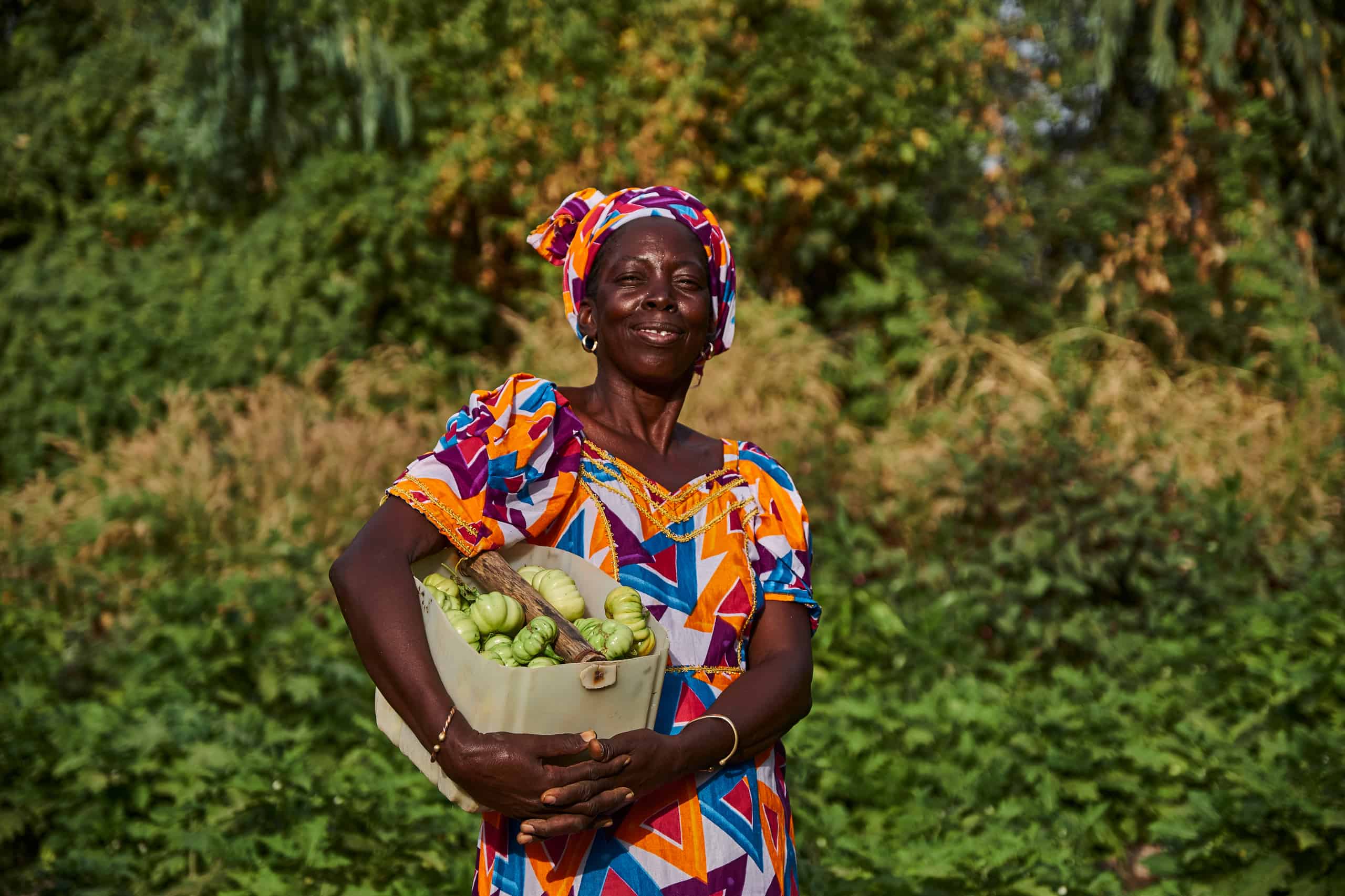
About Us
Planting trees, changing lives
We train farmers in agroforestry and sustainable land use - so that they can grow vibrant regional economies, thriving food systems, and a healthier planet.
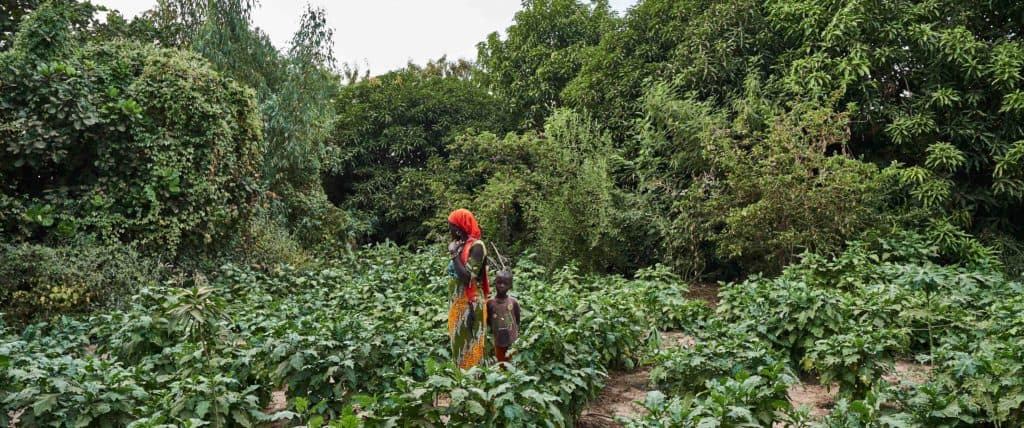
About us
Our Vision and Mission
We believe in a world where farmers leave a legacy of opportunity through sustainable land practices. We are witnessing farmers reclaiming their agency, breaking the cycles of climate change and generational poverty, and rebuilding our food systems from the ground up.
Our mission is to improve livelihoods of impoverished farmers by revitalizing degraded lands.
Trees for the Future is a United Nations World Restoration Flagship!
As a UN World Restoration Flagship, TREES is recognized as one of the best large-scale ecosystem restoration efforts on the planet. The prestigious Flagship award is part of an effort by the UN Decade on Ecosystem Restoration to ensure that measurable progress is made on the UN’s environmental goals by 2030.
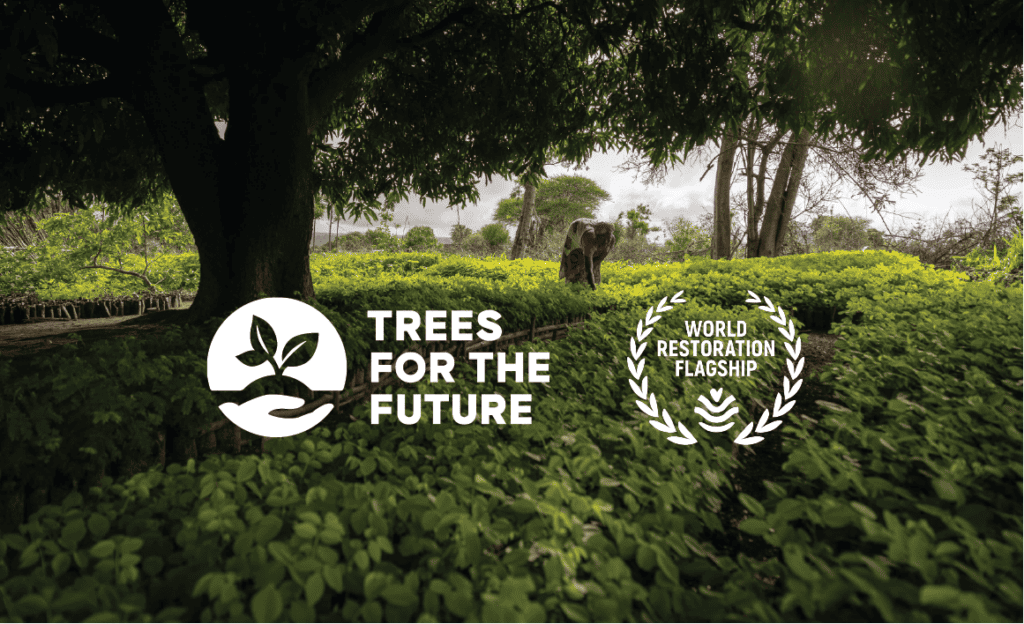
Our Story
Dave Deppner founded TREES after witnessing the link between deforestation and poverty while volunteering in the Philippines.
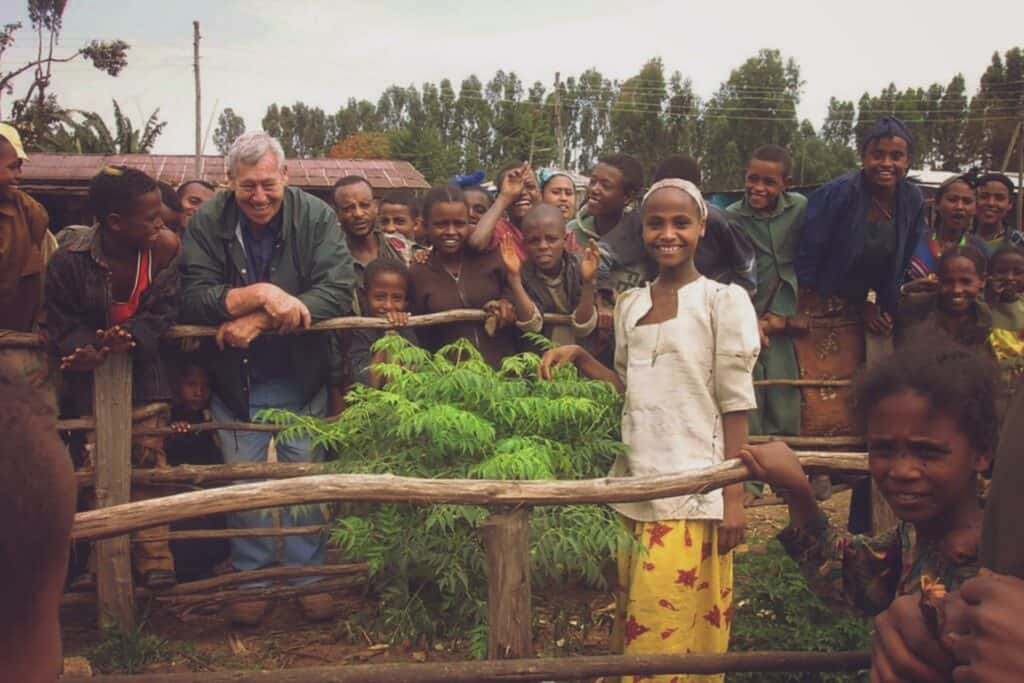
Early Years
TREES’ small team establishes headquarters in the United States and begins reaching farmers around the world.

The Forest Garden Approach
In 2015, the team streamlined its model to focus on the Forest Garden Approach, ensuring longterm impact on people and planet.
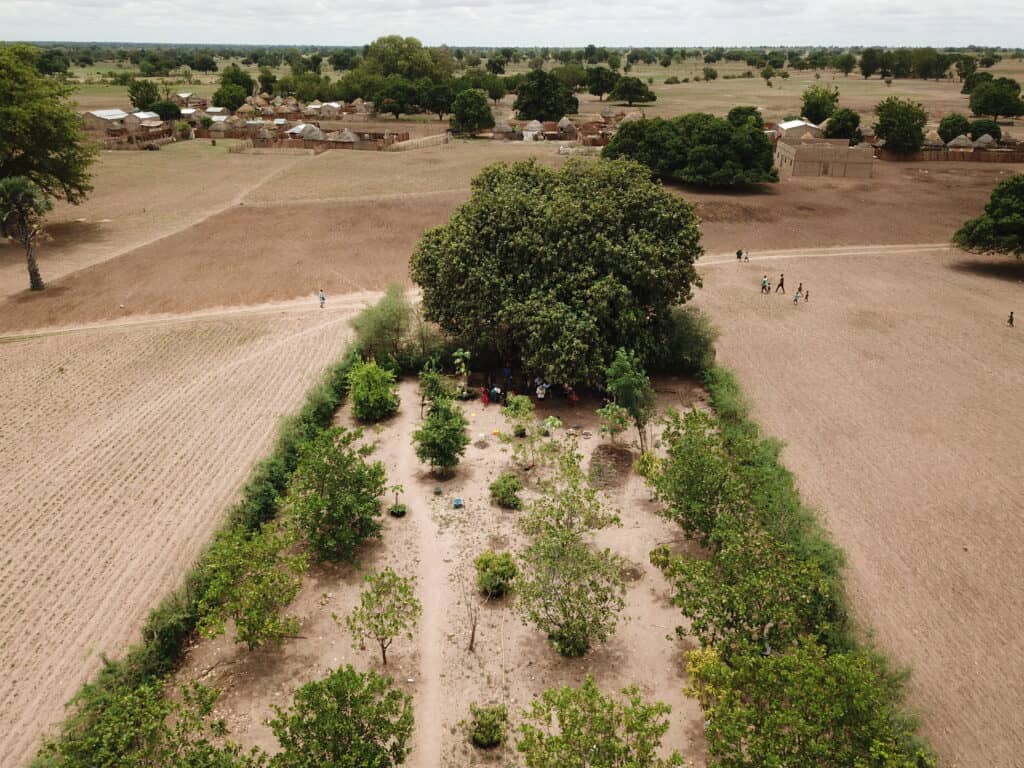
Planting our Way to 2030
TREES joined the UN Decade of Ecosystem Restoration in 2021. We pledge to reach one billion trees by 2030. Learn more.
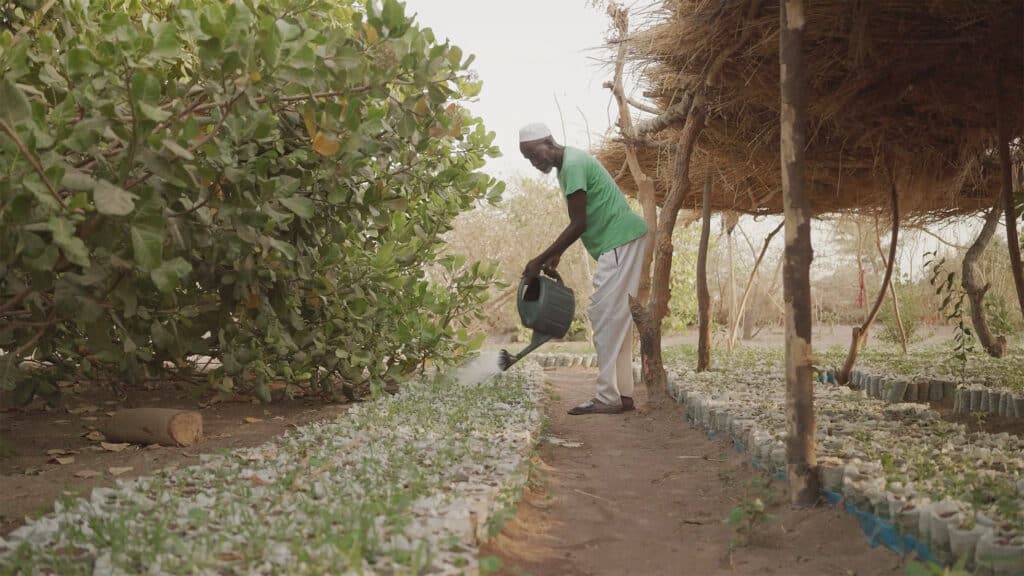
Where we work
Trees for the Future (TREES) is currently working with thousands of farming families across nine countries in sub-Saharan Africa. Over our 30+ year history, we’ve worked around the globe. In 2014, we focused our work in select African countries, where the climatic and economic challenges were most pressing and we could make the greatest impact.
